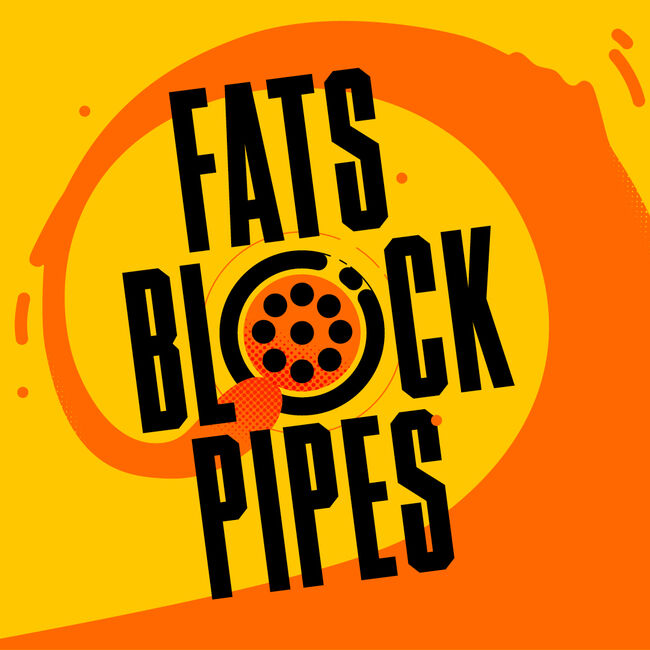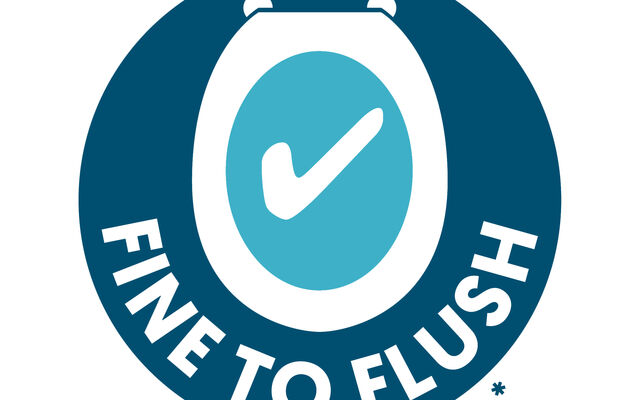News
Don’t contribute to fatbergs this Easter
If you’re planning a roast this Easter, remember not to pour fat, gravy and other leftovers down the sink.
Pouring waste cooking liquids down the sink may seem like the obvious way to dispose of leftover fat, meat juices and food scraps but is a leading cause of fatbergs which harm the environment and lead to damage to homes and businesses.
Instead, it’s easy to avoid contributing to a fatberg this Easter with these three simple steps:
- Scrape or pour leftover fat from roasting trays and pans into a heat resistant container then it can be reused or bin it once cooled
- Wipe out grease left in pans with kitchen roll before washing
- Use a sink strainer to catch any greasy food scraps
Even if you pour hot water and washing up liquid in afterwards, fats, oils and grease can quickly set hard in cold pipes and if mixed with other unflushable items such as wet wipes and sanitary products, can create a fatberg.
There are approximately 300,000 sewer blockages annually, in part caused by domestic fats, oils and greases, costing the country £100 million. Thousands of properties suffer sewer flooding caused by these blockages every year in the UK, creating misery for homeowners and businesses and leading to high clean-up bills and increased insurance costs.
Additional information on how to dispose of fats oils and grease can be found on individual water company websites.
Find your local water supplier here.






